For true crime researchers and writers, the ability to navigate through the maze of legal language in court documents is a critical skill. These documents are often filled with complex legal terms that can be perplexing to those not versed in legal parlance. This guide aims to shed light on some of the less commonly known, but equally important, legal terms that one might encounter in court documents, enhancing the depth and accuracy of true crime investigations.
1. Amicus Curiae
“Amicus Curiae” translates to “friend of the court.” It refers to a person or organization that is not a party to the case but offers information or expertise relevant to the case.
2. Certiorari
Often seen in appellate court documents, “certiorari” is a writ or order by which a higher court reviews a decision of a lower court.
3. Ex Parte
This term is used when a legal proceeding is conducted for the benefit of one party only. An “ex parte” decision is one decided by a judge without requiring all of the parties to the controversy to be present.
4. Hearsay
Hearsay refers to an out-of-court statement made to prove the truth of the matter asserted. Generally, hearsay is inadmissible as evidence in court.
5. In Limine
A motion “in limine” is a motion filed by a party asking the court for an order or ruling limiting or preventing certain evidence from being presented during the trial.
6. Nolo Contendere
A plea of “nolo contendere,” or no contest, means that the defendant does not formally admit guilt but accepts punishment as though he or she were guilty.
7. Prima Facie
This is a term used to describe the apparent nature of something upon initial observation. In legal terms, “prima facie” evidence is sufficient to establish a fact or raise a presumption unless disproved.
8. Quash
To quash in a legal context means to nullify, void or declare invalid, especially in the case of legal proceedings or judgments.
9. Stare Decisis
This term refers to the legal principle of determining points in litigation according to precedent. It literally means “to stand by things decided.”
10. Tort
A tort is a wrongful act, not including a breach of contract or trust, that results in injury to another’s person, property, reputation, or the like, and for which the injured party is entitled to compensation.
11. Voir Dire
Voir Dire is a legal phrase that refers to the process of questioning prospective jurors by a judge and attorneys in court. It’s used to determine if any juror is biased and/or cannot deal with the issues fairly.
12. Writ
A writ is a formal written order issued by a body with administrative or judicial jurisdiction; for instance, a court order or a writ of habeas corpus.
13. Guardian Ad Litem
This is a court-appointed guardian to represent a minor, unborn, or incompetent person in a legal action.
14. Interlocutory
This term describes an order or a decree that is provisional and not a final resolution of the whole controversy.
15. Mens Rea
Mens Rea, Latin for “guilty mind,” is the mental state of intent to commit a crime or knowledge that one’s action or lack of action would cause a crime to be committed.
16. Pro Bono
Pro Bono is short for “Pro Bono Publico,” meaning “for the public good.” It refers to legal services performed free of charge or at reduced fees for the public good.
17. Res Judicata
This term means “a matter judged.” It refers to a case that has been decided and cannot be pursued further in the same court.
18. Standing
Standing is the legal right to initiate a lawsuit. To have standing, a party must be sufficiently affected by the matter at hand and have a legal interest in the outcome.
Summary
Understanding these legal terms is not just about enhancing one’s vocabulary; it’s about deepening one’s comprehension of the judicial processes that shape true crime narratives. For researchers and podcasters, this knowledge is invaluable. It empowers them to present cases with greater accuracy and insight, ultimately fostering a more informed and engaged audience. As true crime stories continue to captivate public interest, the ability to interpret complex legal documents remains an essential skill in the pursuit of truth and justice.


